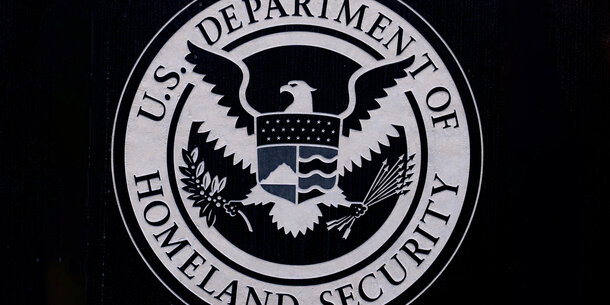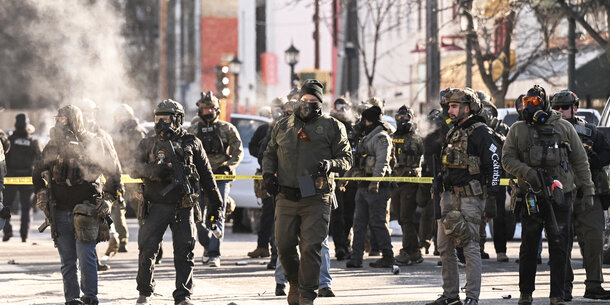This article first appeared at Center for a New American Security.
Limitations on military involvement in civilian affairs have been a central feature of Anglo-American law for centuries. Armies are equipped and trained to vanquish enemies. If turned inward, they can easily become an instrument of tyranny—as seen in authoritarian regimes around the world. To prevent such an outcome, the Posse Comitatus Act (PCA) generally prohibits federal armed forces from conducting law enforcement in the United States.
The PCA, however, is replete with gaps and loopholes. Several of them relate to deployments of the National Guard. In theory, the Guard should be subject to the PCA when acting under the president’s command and control. Yet there are circumstances in which National Guard forces may operate under the actual or effective command of the president without being subject to the PCA. Moreover, the rationale for prohibiting federal armed forces from enforcing civilian law is increasingly applicable to National Guard forces even when they are operating entirely under state control.
As this series underscores, a rethinking of the legal framework for the National Guard is long overdue. As part of that process, Congress and state legislatures should close the legal loopholes that enable use of the Guard in violation of the principle of posse comitatus. This will entail updating the command and control of the Washington, D.C., National Guard; clarifying the scope of 32 U.S.C. § 502(f), under which Guard members perform federal missions under state command and control (as Professor Mark Nevitt discusses further in his commentary); and expanding principles of posse comitatus at the state level. Read the rest at Center for a New American Security >>



